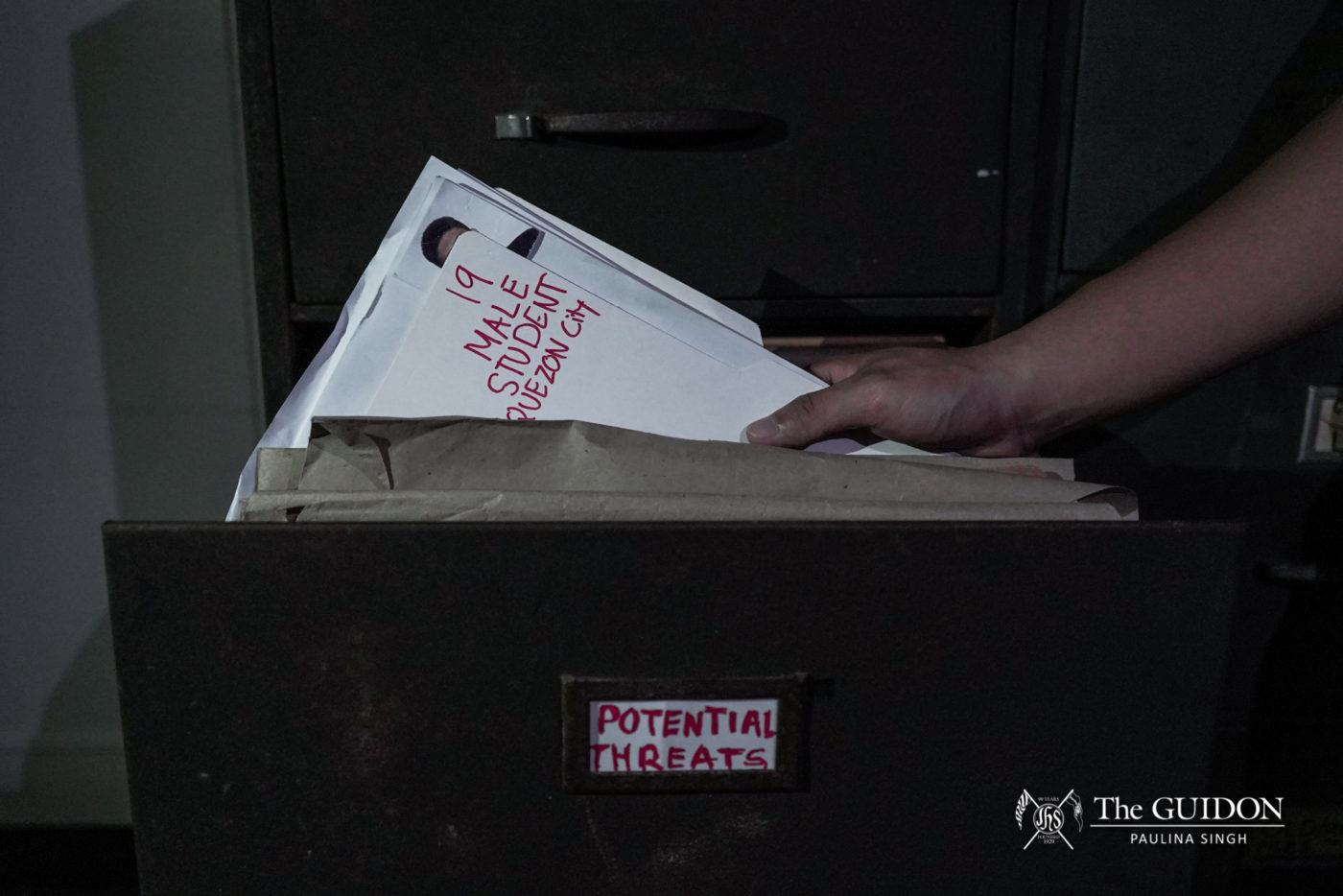A LEAKED Philippine National Police (PNP) memorandum dated January 31 revealed that police officers were given orders to update their list of Muslim students in high schools, colleges, and universities in an effort to reach out to Muslim youths and build counter-terrorist efforts in the National Capital Region, among other things. The Alliance of Concerned Teachers (ACT) secured this memorandum last February 20 from the Timoteo Paez Integrated School in Manila.
Although the PNP’s directive has been recalled, the damage had already been done. The directive has earned the ire of notable Muslim lawmakers, who slammed the PNP for the supposed typecasting of Muslims as terrorists.
The profiling and tagging of individuals who are perceived as threats to national security based solely on prejudice has been a recurring theme among a number of Philippine state forces. With the looming unease from the vague provisions and potentials for abuse of the recent approval of the Anti-Terrorism Bill of 2020, such issues are in need of critical revisitation.
Get the memo
In response to the memorandum, ACT lambasted the PNP for its blatant islamophobia. ACT Secretary-General Raymond Basilio claimed that there is no one face to a “security threat”—to profile an individual using notions tied to their identity is nothing short of discrimination.
To Basilio, this violation of privacy—independent of its outcomes—is enough to make students feel unsafe in what is supposed to be their second home. “[Sa] eskwelahan dapat…malaya yung bata na nakakapag-aral… Kaya with the presence of the profiling being carried out by armed personnel, tingin ko all aspects…noong purpose ng eskwelahan ay mava-violate nila (In school, students should be free to study. So with the presence of the profiling being carried out by armed personnel, I think all aspects of the purpose of a school will be violated),” he said.
It is evident that biases against religious minorities in the Philippines exist, and this is no doubt a reality that Muslim students face in varying forms. For Khadija*, a Muslim student from the Ateneo, the directive only confirmed her and her family’s suspicions of islamaphobia within the government. “I think that [the directive] makes it easier for people to harass us and be more apprehensive of us which [shouldn’t be] the goal at all,” Khadija said.
Sound the alarm
Though the alarming move to profile Muslim students in Metro Manila has been recalled, a more national and potentially discriminatory policy is in the works.
The Anti-Terrorism Bill aims to broaden the definition of “terrorism” from the country’s Human Security Act of 2007. Following existing indicators, such as inciting disorder, the new bill lists the “threat to commit any of the acts listed above” as the makings of a terrorist. Those convicted of terrorism will be detained under regulations that have also been broadly modified to temper human rights safeguards.
Like many of the country’s concerned citizens, Basilio believes such vague provisions can be abused by those who seek to quell political opposition. In his words, the bill “[weaponizes] the law…against those perceived enemies, not of the state, but enemies of the ruling party.”
Another concern Basilio raised is the criminalization of appearing as a threat to political stability. He surmised that students, wary of the threats that surround them, will likely withhold or curate their expression of views. The fear of being named a terrorist may greatly damage the value of critical thinking and academic freedom in schools.
To Muslim students who would have been subjected to profiling, Khadija offers a message of courage and support: “An unprovoked attack on one of us is an unprovoked attack on all of us. Muslim solidarity is important and is one of the key tenants of our faith, and this is the time to fallback on that…[This] unprovoked attack is fueled by ignorance and Islam is the antithesis to ignorance.”
Indeed, as Basilio and Khadija have reiterated, it is dismaying that discrimination still exists towards the local Muslim sector—who by all means are Filipinos in their own right. And as those in power continue to questionably crack down on “threats” to national security, coupled with recent measures that embolden these suppressions, one can only wonder who the real national security threat is.
*Editor’s note: The name of the interviewee was changed to protect their identity and privacy.




